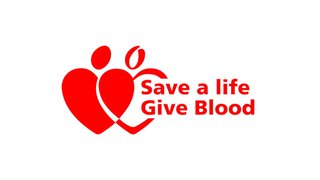Health A to Z
Your complete guide to conditions, symptoms and treatments, including what to do and when to get help.
Medicines A to Z
Find out how your medicine works, how and when to take it, possible side effects and answers to your common questions.
Women's health
Find information about women's health, including periods, contraception, conditions and screening
NHS App
Use the NHS App to book GP appointments, order repeat prescriptions and access a range of other healthcare services.
NHS services
Find the service you need and book appointments online.
If you need help now, but it’s not an emergency
Go to 111.nhs.uk or call 111.
Health conditions
Healthy living
Advice, tips and tools to help you make the best choices about your health and wellbeing.

Kickstart your health
It's never too late to get your health back on track. Eat well, move more and start losing weight with Better Health. Try our NHS weight loss plan to get you started
-

Save a life: give blood
Please register today. Donating blood is easy, and saves lives
-

Become a donor
Give someone the gift of life: register as an NHS Organ Donor today
-

Take part in research
Find out about research in the UK and get updates about studies you're interested in